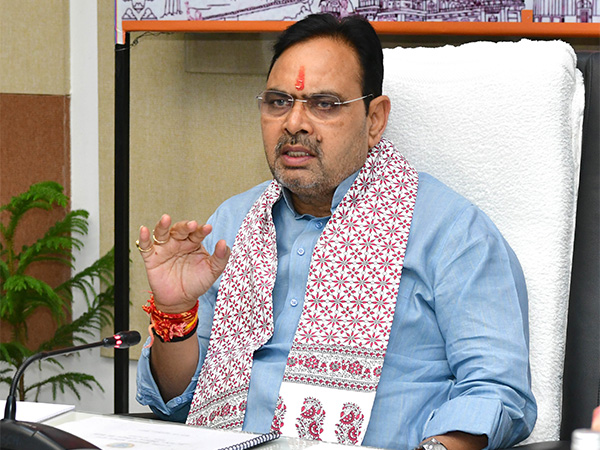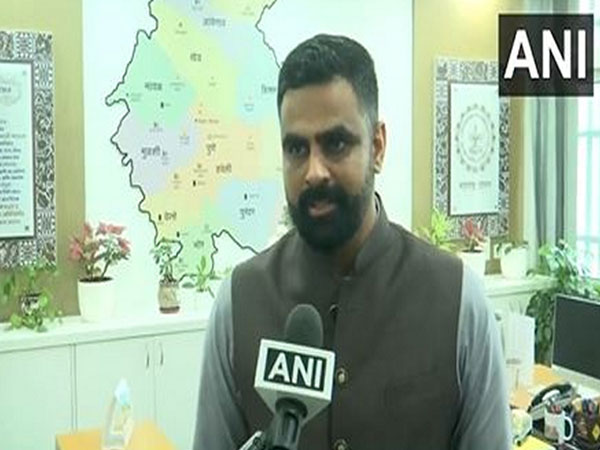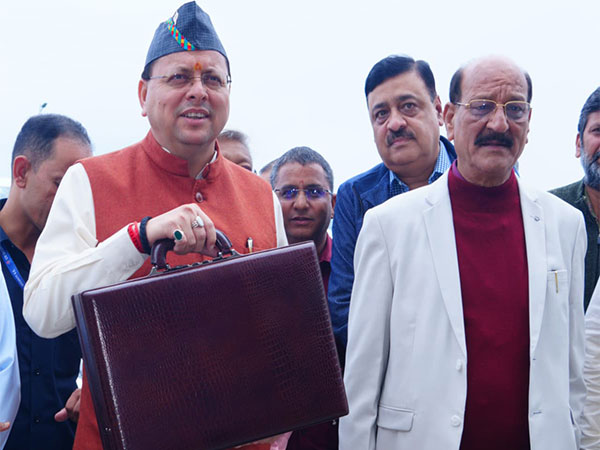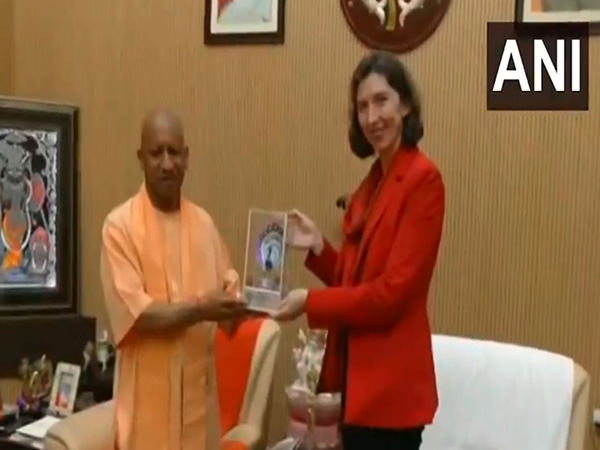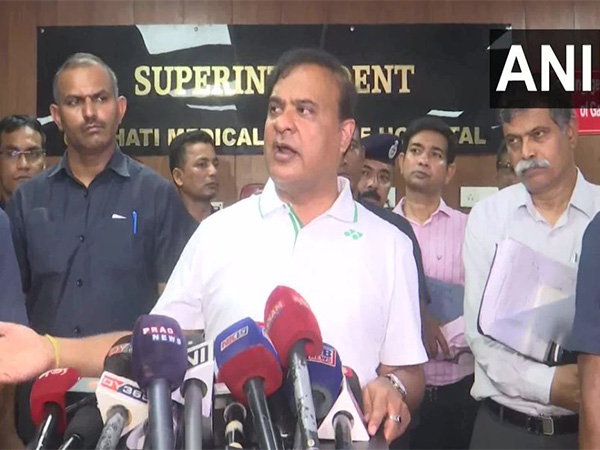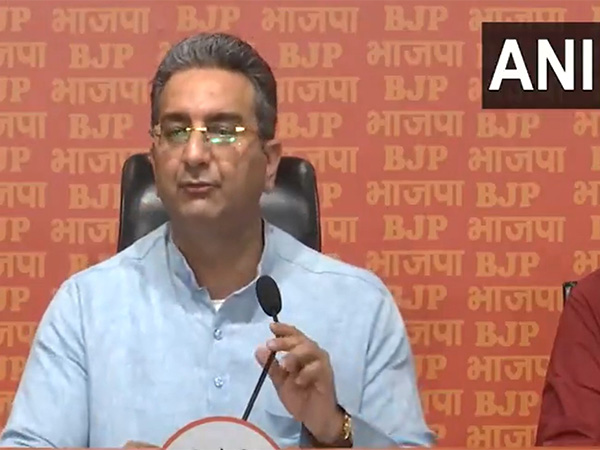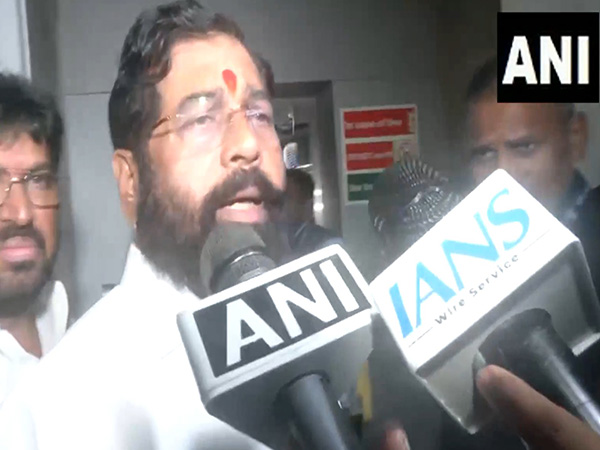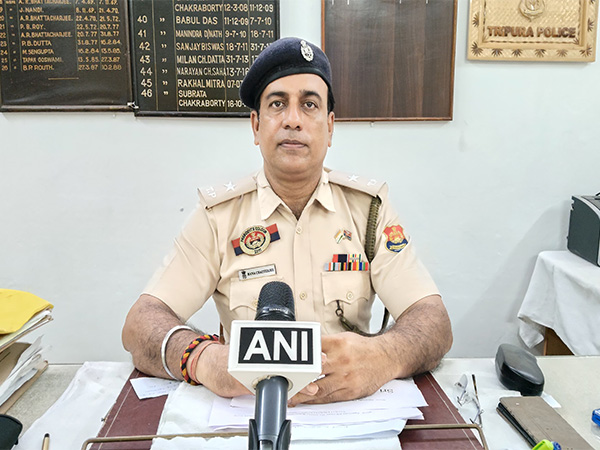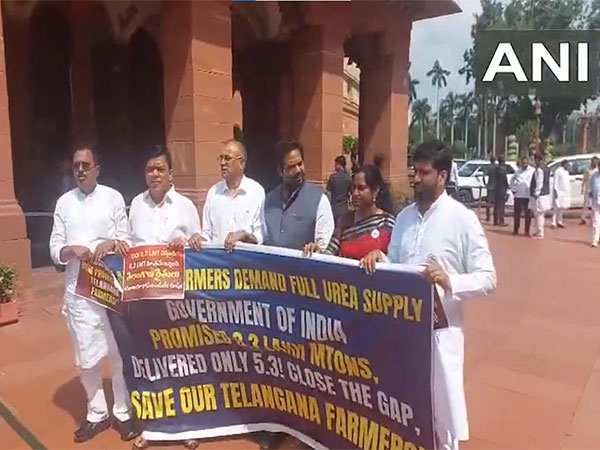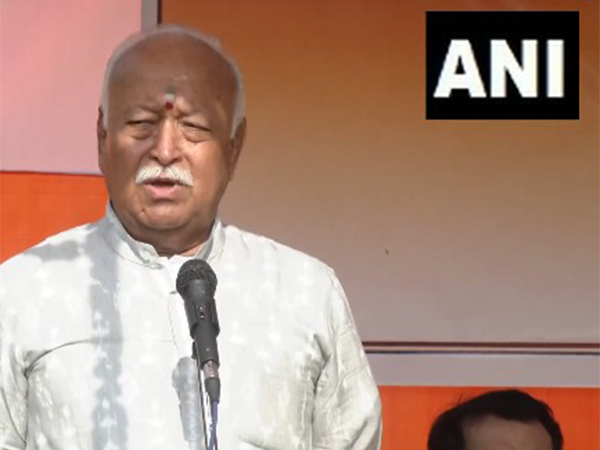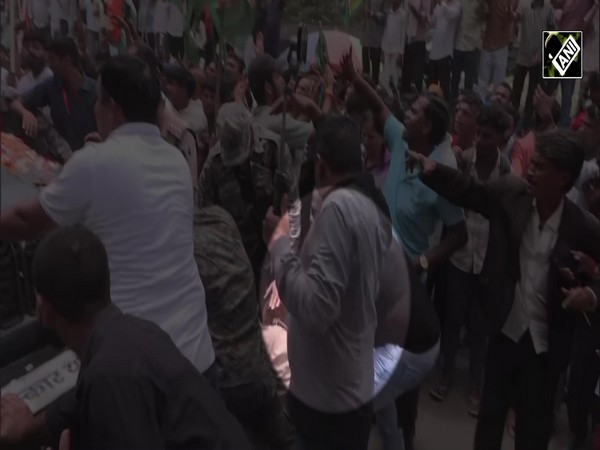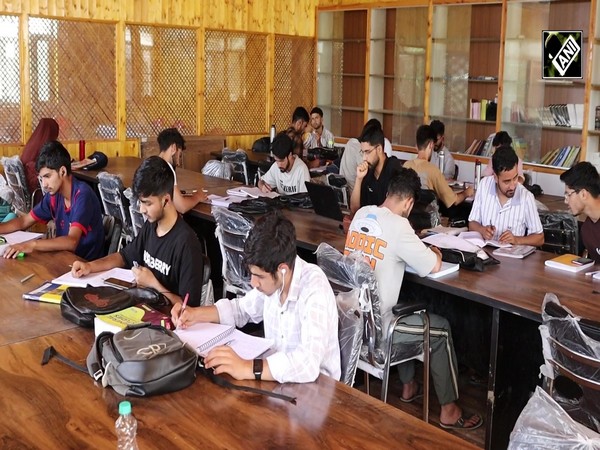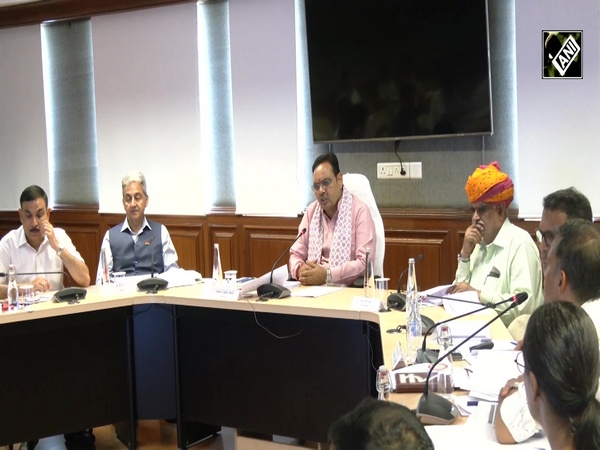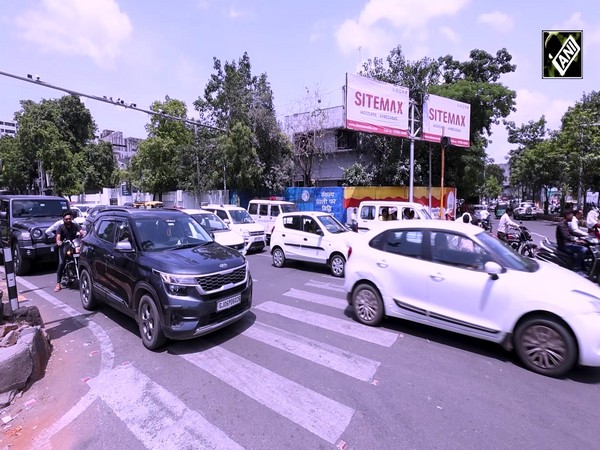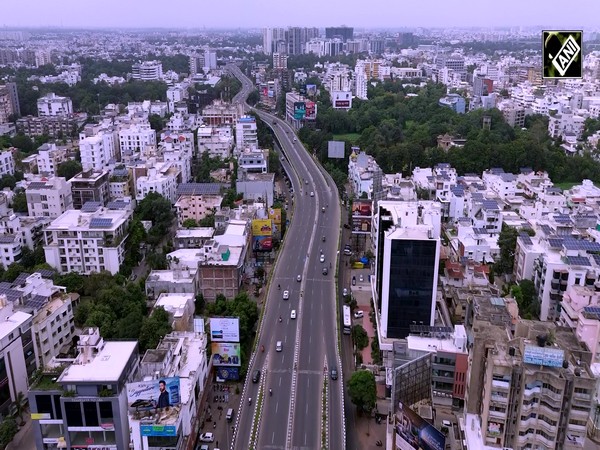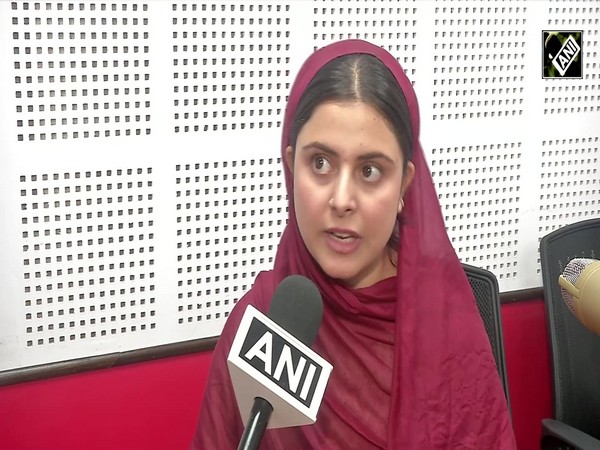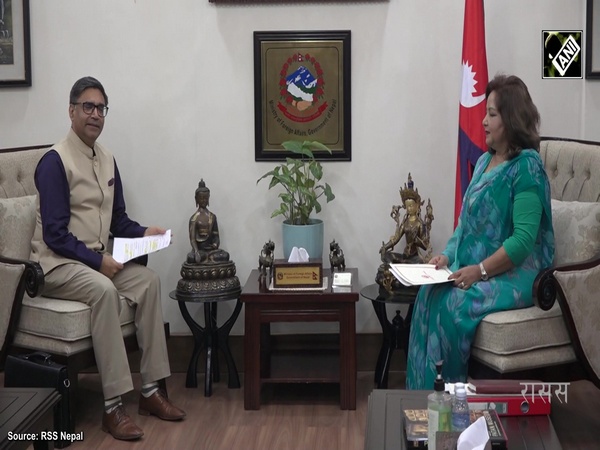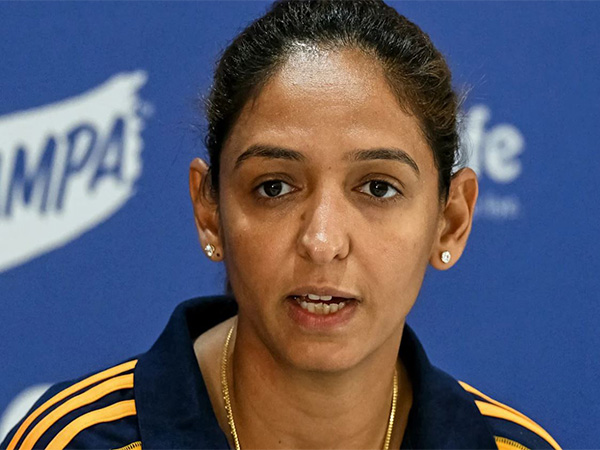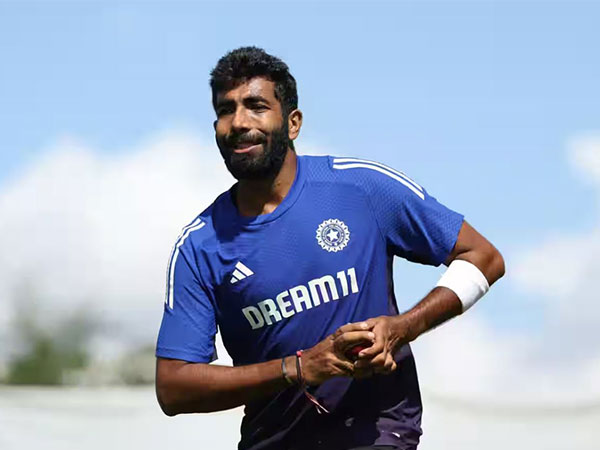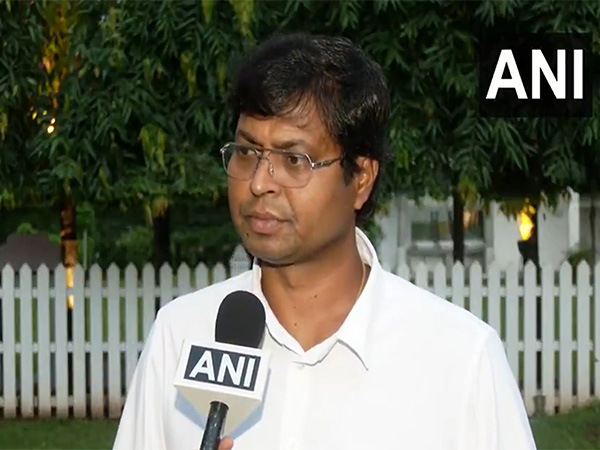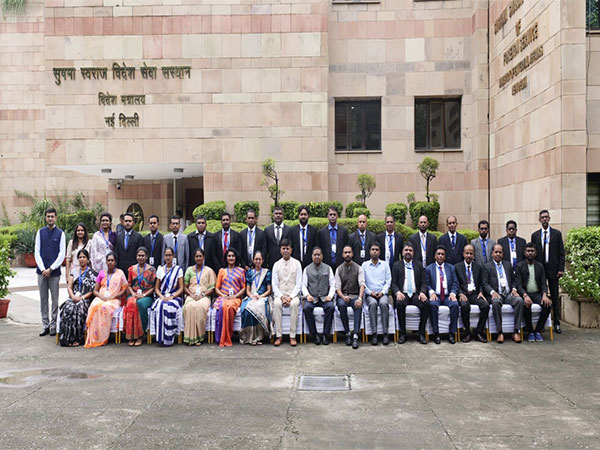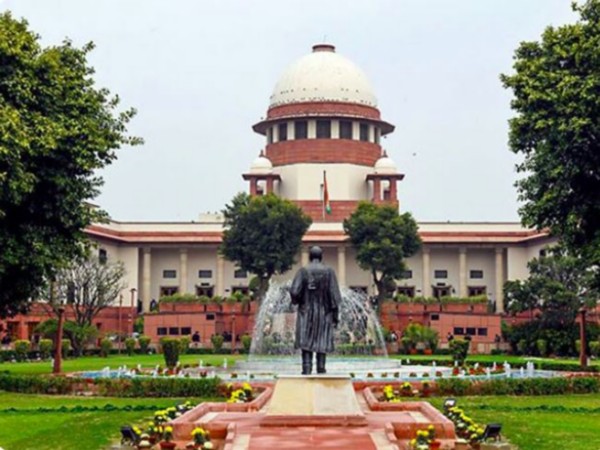
Supreme Court dismisses NCPCR's plea against Haryana HC ruling that Muslim girl can marry after attaining puberty
Aug 19, 2025
New Delhi [India], August 19 : The Supreme Court on Tuesday dismissed a plea filed by the National Commission for Protection of Child Rights (NCPCR) against a 2022 judgement of the Punjab and Haryana High Court which held that a 16-year-old Muslim girl can enter into a valid marriage with a Muslim man and granted protection to the couple from threats.
A bench comprising Justice BV Nagarathna and Justice R Mahadevan observed that the NCPCR was a stranger to the litigation and had no locus standi to challenge the High Court's judgment.
The bench said, "NCPCR has no locus to challenge such an order... if two minor children are protected by the High Court, how can NCPCR challenge such an order.... It is strange that the NCPCR, which is for protecting the children, has challenged such an order."
The counsel appearing for NCPCR told the apex court that they were raising a question of law whether a girl, who has not attained the age of 18, can be held to have the capacity to enter into a legal marriage merely on the basis of personal law.
However, dismissing the plea, the bench said, "No question of law arises, you challenge in an appropriate case."
It also dismissed other petitions filed by the NCPCR challenging other similar orders passed by the High Courts.
NCPRC had raised the issue of whether the Muslim personal law allowing child marriages will prevail over the Prohibition of Child Marriage Act,2006.
It had approached the apex court challenging an order of the Punjab and Haryana High Court, which said a Muslim girl after attaining puberty is competent to enter into a contract of marriage with a person of her choice under the Muslim Personal Law.
Earlier, a different bench of the top court had directed that the order of the High Court, which held that a Muslim girl aged 15 years can enter into a legal and valid marriage as per personal law, should not be relied on as a precedent in any other case.
NCPCR had contended that Muslim girls who are 14, 15, 16 years old are getting married.
Earlier, the National Commission for Women (NCW) had approached the top court to make the minimum age of marriage for Muslims girls the same as that of persons belonging to other religions.
The minimum age for marriage in India is currently 18 for women and 21 for men. However, the minimum marriage age for Muslim women is when they attain puberty and 15 years is presumed to be that age.
The NCW had said that allowing Muslims to marry at the age of puberty (around 15) is arbitrary, irrational, discriminatory, and violative of penal laws.
The plea had said even the Protection of Children from Sexual Offences Act (POCSO) does not provide for those under 18 to consent to sex.
It had said the PIL was filed for the enforcement of the fundamental rights of minor Muslim women to bring Islamic personal law in consonance with the penal laws applicable to other religions.
The High Court in 2022, in its order, had cited the provisions of the Muslim Personal Law on marriage to rule that a 15-year-old Muslim girl was competent to enter into a contract of marriage with a person of her choice.
The NCPCR had sought to ensure proper implementation of statutory laws that are specifically in place to protect children below the age of 18 years.
The Commission highlighted the provisions of the Prohibition of Child Marriage Act (PCMA) 2006 and the Protection of Children from Sexual Offences Act (POCSO) to put forth its reasons for challenging the High Court ruling.
NCPCR had said the order is violative of PCMA, which, the petition said, is a secular law that applies to all.
It further stated that the provisions of POCSO stipulate that no child below the age of 18 years can give a valid consent.
